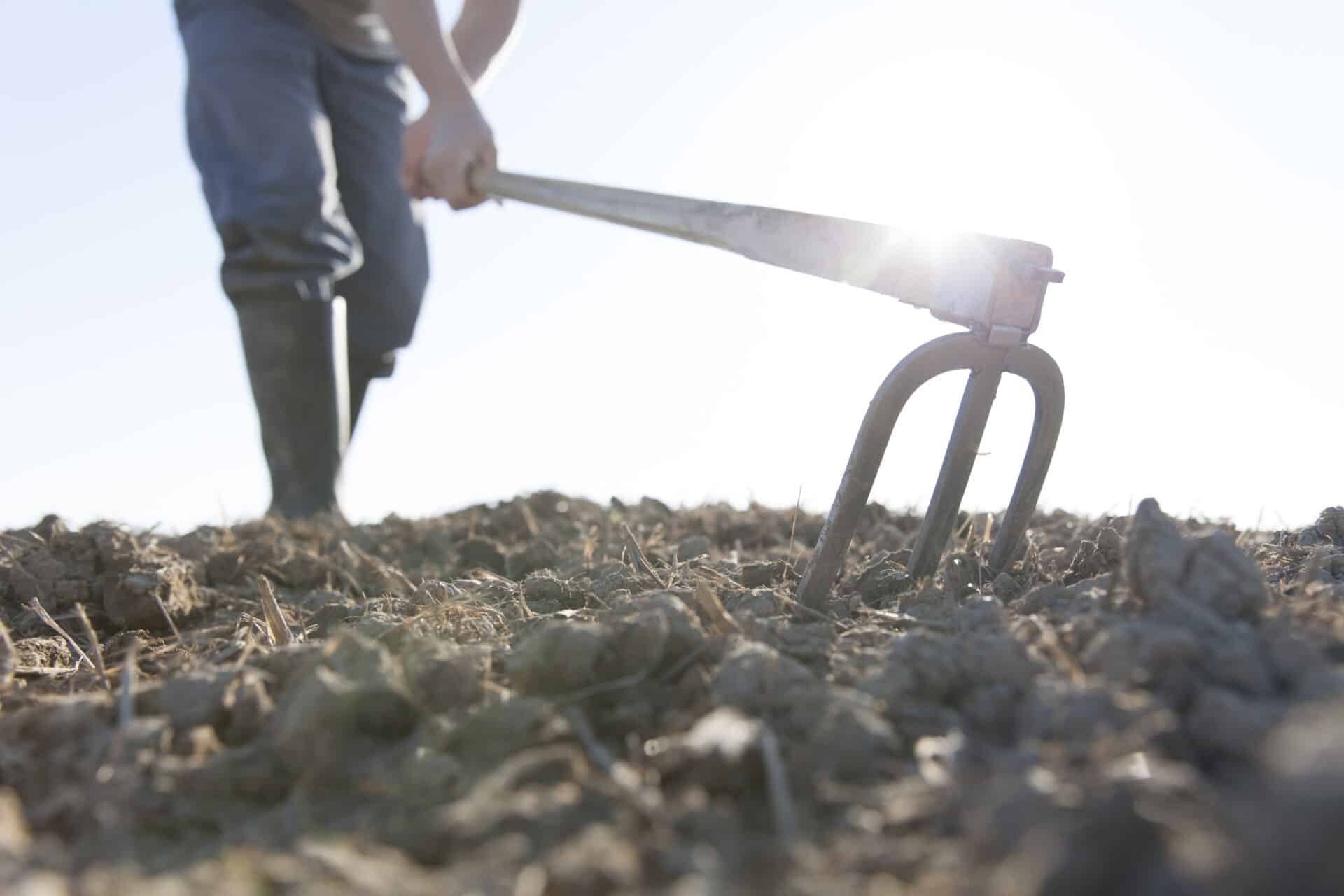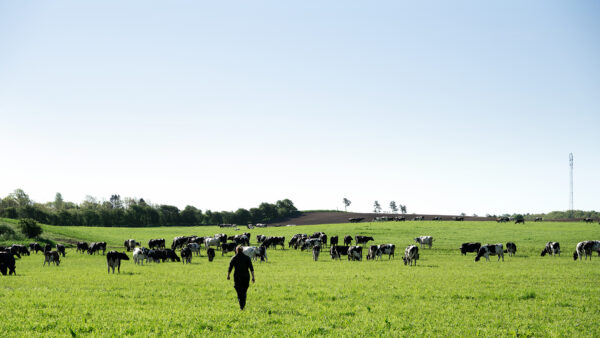At the beginning of the 80s we were the direct heirs to Norman Borlaug and the green revolution, and were expected to continue to deliver genetic progress to farmers. European citizens also enjoyed all the benefits of the progress in agriculture. We were “part of the solution” and we could imagine and explain the fantastic promises that biotechnologies were going to bring.
Then came the 2000s and the complex relations that Europe had with biotechnologies. Whatever the reasons, Europe turned its back on biotechnologies and little by little seeds, breeding and agriculture became the target of different NGO’s and activist groups. We became “part of the problem”.
And here we are, entering the 2020s: we have lost the trust and confidence from our fellow European citizens.
So, What’s Next?
After 40 years within the seed sector, I would like to share my passionate conviction that genetic progress and plant breeding have a major role to play. But how to play that role?
Earning back the lost trust and confidence will not only take time but will require a change of approach: in today’s world of citizen’s direct expression, social media and suspicion about science and technology, telling what we will do is no longer enough. We will also need to tell what we will NOT do.
Genome Editing
The great potential of genome editing technologies towards solving the many challenges that agriculture is facing is well documented. However, for most European citizens, and politicians, the precautionary principle shall prevail.
Whether right or wrong, citizens (and politicians) will want to know in advance what innovations we intend to bring and their impact on European agriculture. Trust and confidence in new technologies could be earned back only through a new dialogue, including telling what we will NOT do.
Just one easy example: In the short term, who would believe that anybody could bring to market a new herbicide tolerant crop, obtained by genome editing? And who would believe that doing so would help acceptance of genome editing technologies? Nobody! Wouldn’t we be better off tell it ourselves?
Intellectual Property
Protecting innovations in plant biology is vital for the seed sector and we need two complementary legal instruments: Plant Breeders Rights and Patents. However, there is suspicion on the use of Intellectual Property (IP) rights. With genome editing allowing to make similar changes as the ones done by spontaneous mutations, will IP rights be used to “capture” (or “privatize”) native genes and biodiversity? Recently we have heard many times opponents to plant breeding innovation and to IP rights bringing up this new fear. Here too, citizens and politicians want to know not only what we will do, but also what we will NOT do. They want reassurance that nobody will “capture” “native genes” and crop biodiversity.
In that regard, we need to reaffirm louder than ever before that the seed sector supports that, when writing a patent on a product obtained by genome editing, no patent claim should extend to any similar product obtained with a “native gene”[i].
In today’s world, on potentially highly controversial domains, building trust and confidence will require us to tell what we will do …and what we will NOT do.
What Else?
In June 2018 during my opening speech of the World Seed Congress in Brisbane, I said: “In previous decades, it was enough to use the ‘Power of Genetics’ …, and we could say ‘job don’” as we handed over seeds to farmers. Now we have to go beyond this. Increasingly we need to analyze and anticipate the impacts of our products, to ensure that farming systems are more resilient and sustainable …”. Seed innovations are not neutral on agricultural production systems. They do not only solve one by one, the many challenges that farmers face. They come as one factor in complex systems. And we cannot anymore “hand over seeds to our customer and say, ‘job done’.”
More than ever before we will need to analyze, evaluate, describe what our innovations will do and bring within the global farming systems. We are not used to this new “systemic approach” and our teams have not been trained, nor been exposed to such an approach.
This is the main challenge for the decades to come: only a systemic approach will allow us to define what we will do…and what we will NOT do. And this may allow us to regain the trust and confidence from our fellow European citizens.
Editor’s Note: Jean-Christophe Gouache is Corporate VP for International Affairs and CSR at Limagrain, and Past-President at ISF.
[i]In technical words: No patent claim should extend on products obtained through Essentially Biological Processes (EBP). EBP having the meaning and the definition given by the Enlarged Board of Appeal ruling from 2010 on the “Broccoli case”.












